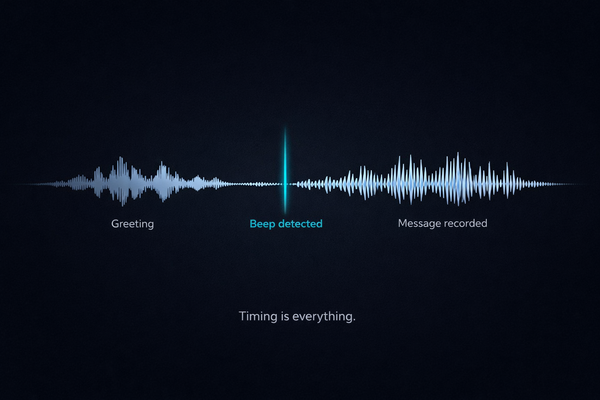[AI Digest] Agents Learn Voice Coordinate Safely
![[AI Digest] Agents Learn Voice Coordinate Safely](/content/images/size/w1200/2025/10/Slide-16_9---3--4--12.png)
Daily AI Research Update - October 11, 2025
Today's AI research landscape reveals groundbreaking advances in agent learning capabilities, voice assistant benchmarking, and multi-agent coordination protocols. These developments mark a significant step forward in creating more intelligent, adaptive, and reliable AI systems for real-world customer experience applications.
📌 Agent Learning via Early Experience
Description: Meta Research introduces a revolutionary framework enabling AI agents to learn and improve from their initial interactions, creating more adaptive and personalized experiences over time.
Category: Chat Agents
Why it matters: This breakthrough allows customer service agents to continuously improve through real interactions, leading to more personalized and effective support experiences.
📌 VoiceAgentBench: Are Voice Assistants Ready for Agentic Tasks?
Description: A comprehensive benchmark that evaluates voice assistants' capabilities beyond simple commands, testing their readiness for complex, multi-step agentic tasks.
Category: Voice Agents
Why it matters: Provides crucial metrics and evaluation frameworks for assessing voice agent performance in real-world scenarios, helping developers build more capable voice interfaces.
📌 Co-TAP: Three-Layer Agent Interaction Protocol
Description: A comprehensive protocol for coordinating multiple AI agents in complex tasks, enabling seamless collaboration between different agent types.
Category: Multi-Agent Coordination
Why it matters: Essential for platforms integrating voice, chat, and web agents - shows how to coordinate different agent types effectively for unified customer experiences.
📌 CaRT: Teaching LLM Agents to Know When They Know Enough
Description: A framework that helps LLM agents determine when they have sufficient information to provide accurate responses, reducing hallucinations and improving reliability.
Category: Chat Agents
Why it matters: Critical for preventing misinformation and building trust in customer-facing AI agents by ensuring they only respond when confident.
📌 The Alignment Waltz: Training Agents to Collaborate Safely
Description: Meta's innovative approach to training multiple agents to work together safely and effectively, ensuring coordinated actions don't compromise safety.
Category: Multi-Agent Systems
Why it matters: Ensures safe interactions when multiple agent types collaborate in customer service scenarios, preventing conflicts and maintaining consistent experiences.
📌 QAgent: Modular Search Agent with Interactive Query Understanding
Description: A modular framework for building search agents that can better understand and interact with user queries through advanced query comprehension.
Category: Web Agents
Why it matters: Provides architecture insights for building web agents that can navigate and extract information from websites more effectively for customers.
📌 First Try Matters: Revisiting Reflection in Reasoning Models
Description: Research revealing that initial responses in reasoning tasks are often more reliable than reflection-based improvements, challenging common assumptions.
Category: Chat Agents
Why it matters: Provides insights for optimizing chat agent response strategies, potentially reducing latency while maintaining or improving response quality.
📌 ReInAgent: Context-Aware GUI Agent
Description: Framework for GUI agents that can navigate mobile and web interfaces with human feedback integration, enabling more intuitive interactions.
Category: Web Agents
Why it matters: Valuable for developing web agents that can interact with various interfaces on behalf of customers, automating complex tasks across platforms.
📌 Chain-of-Trigger: Agentic Backdoor Research
Description: Research on potential vulnerabilities in agent systems and how to build more robust defenses against security threats.
Category: Security & Safety
Why it matters: Critical for understanding and preventing potential security issues in customer-facing AI agents, ensuring safe and trustworthy interactions.
This research roundup supports Anyreach's mission to build emotionally intelligent, visually capable, and memory-aware AI agents for the future of customer experience.




![[AI Digest] Agents Coordinate Plan Deploy Scale](/content/images/size/w600/2025/07/Daily-AI-Digest.png)